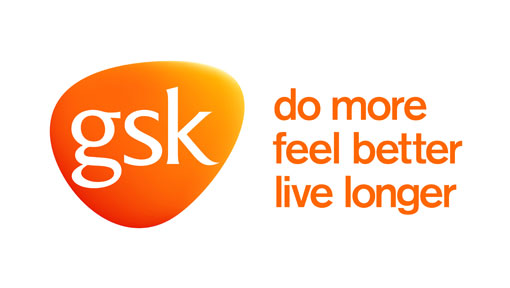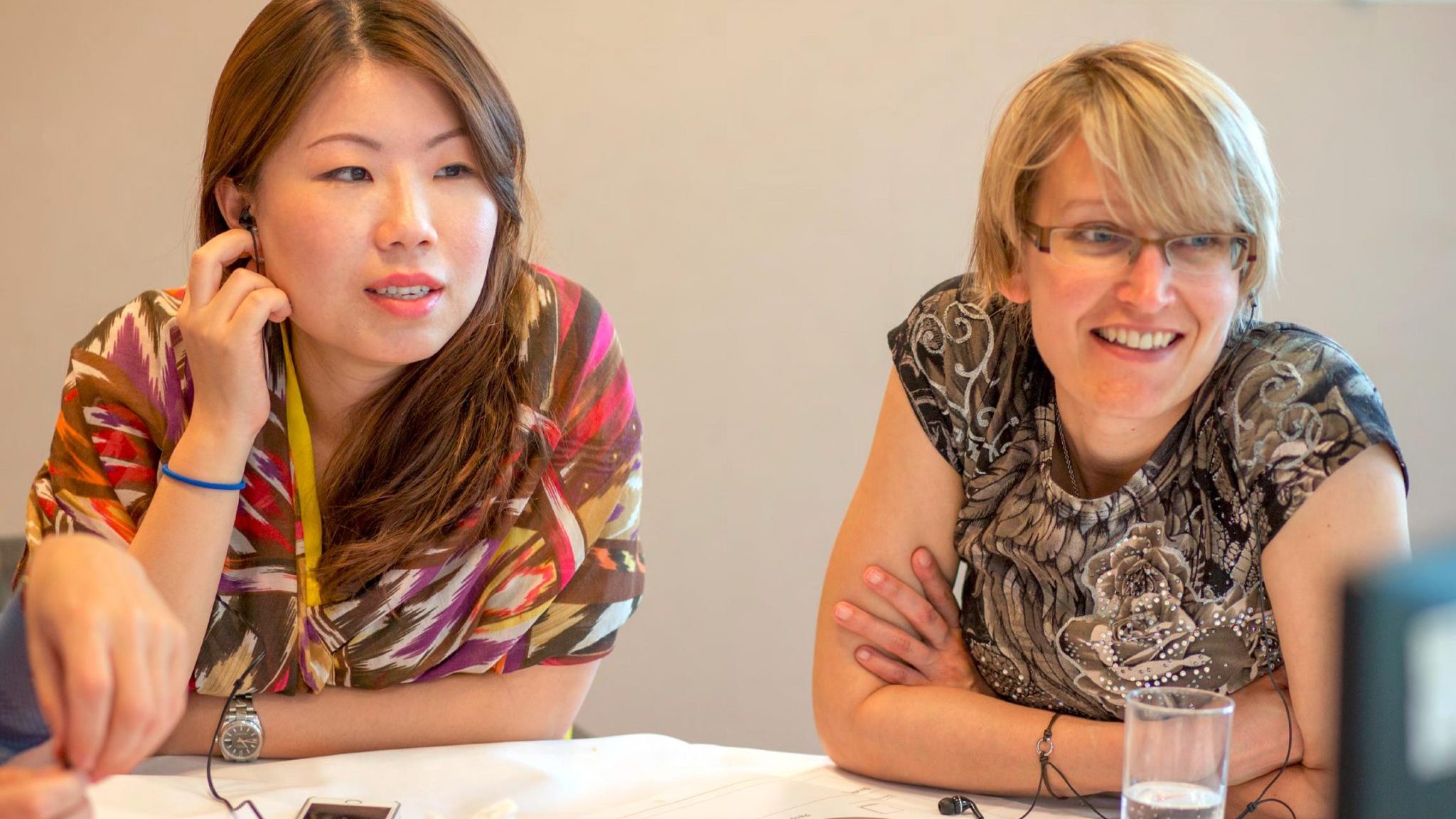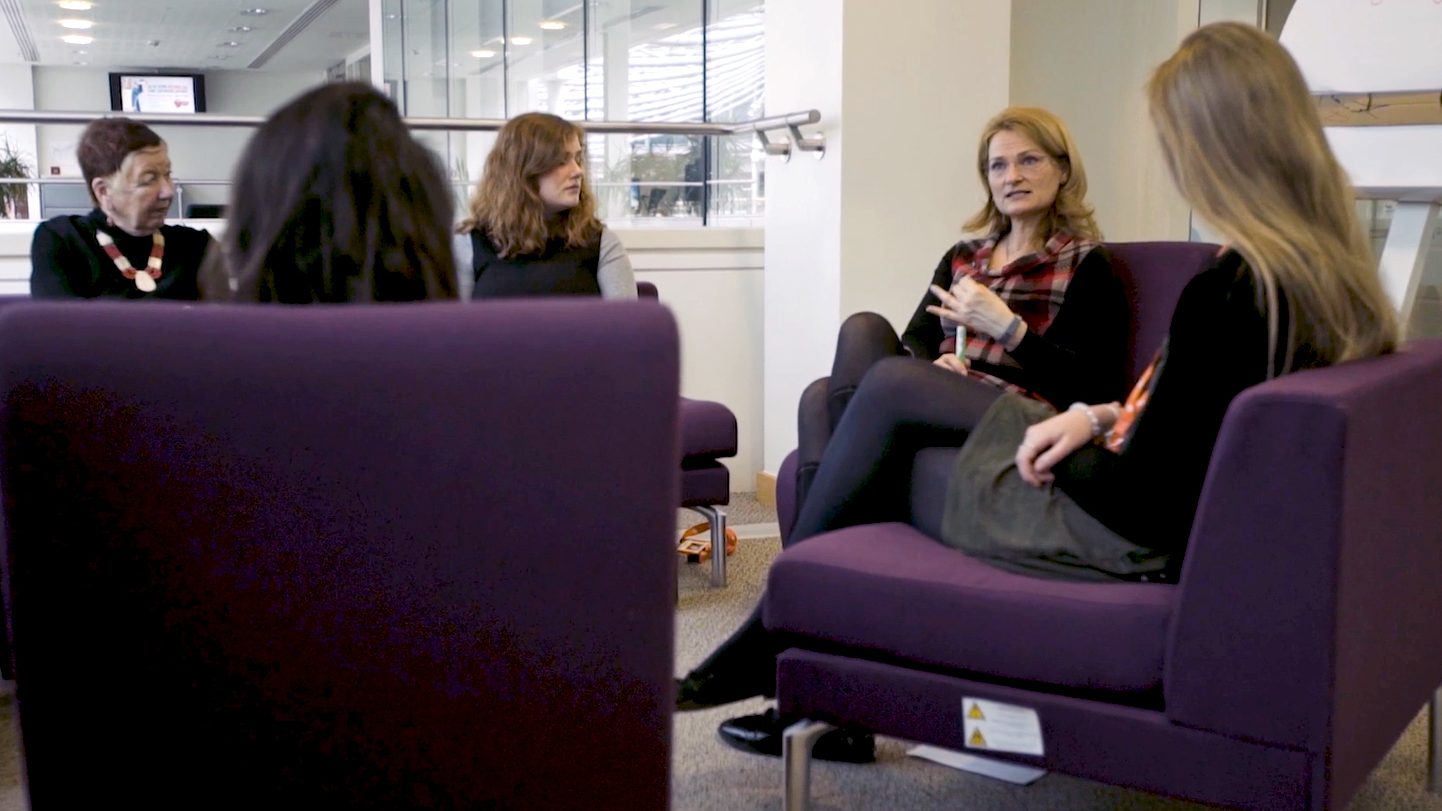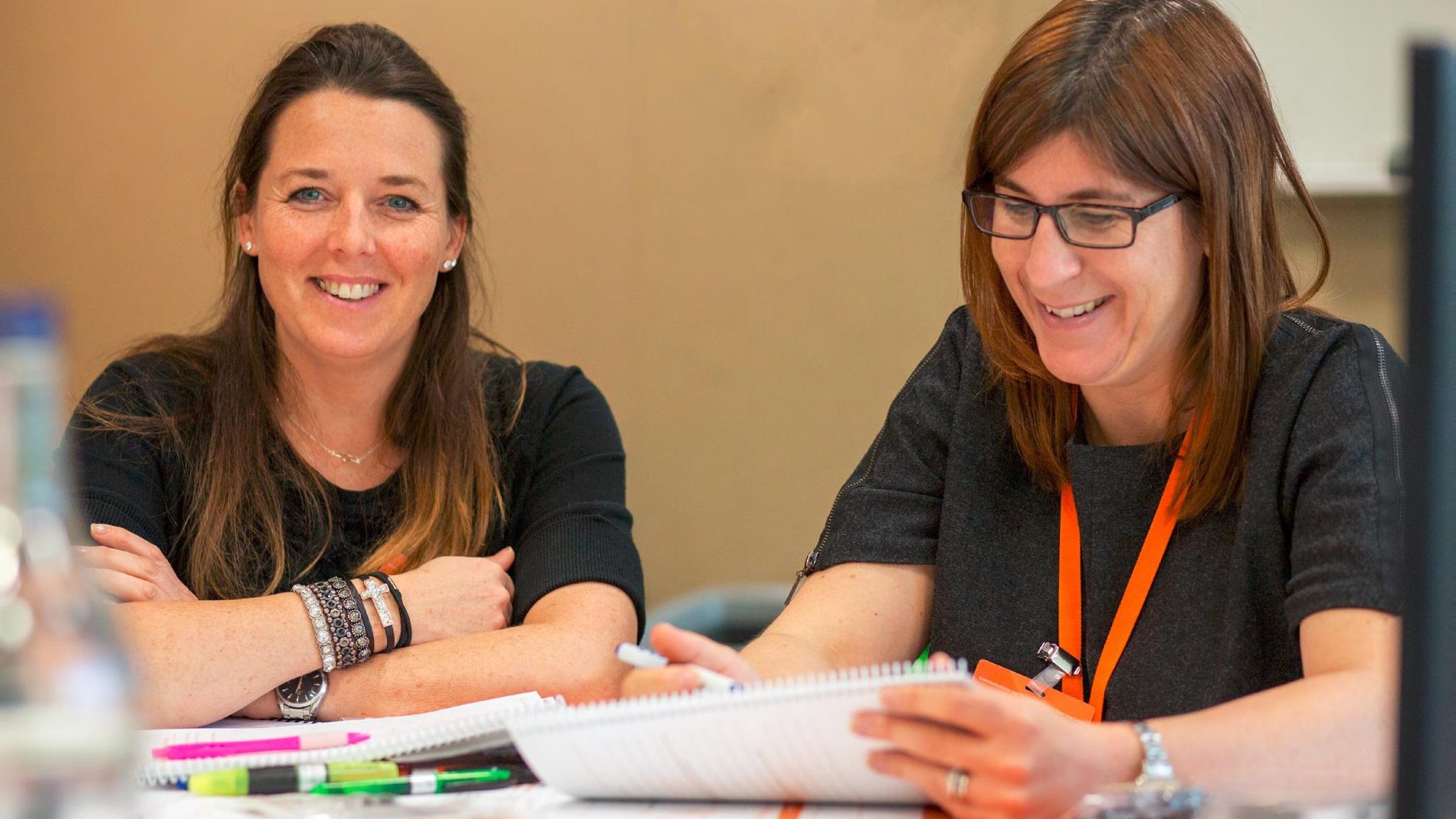
This global healthcare company is addressing gender imbalance by accelerating high performing female employees into leadership roles.
GlaxoSmithKline (GSK) recognised that female employees were not breaking through to leadership roles at the rate that would be expected if there was a ‘more level playing field’. In response to this, and to address government reviews calling for more gender-balance in the workplace, GSK launched Accelerating Difference in 2013.
This global 12-month programme supports mid-to-senior female employees helping them to accelerate into leadership roles. 142 employees in the UK have participated to-date and there has been an increase from 40% to 44% of women in management positions across the business since its inception.
GlaxoSmithKline
Date 2018
Region London
Size 1000+ employees
Sector Pharmaceuticals and healthcare
%
of participants still employed at GSK
%
of participants have been promoted
£ million ROI equivalent of the training
%
of women in management positions
Increasing career opportunities for women
GSK researches and develops a range of innovative products in Pharmaceuticals, Vaccines and Consumer Healthcare and has a significant global presence operating in more than 150 countries.
With over 100,000 employees, GSK is committed to workforce development and has met its goal of achieving board-level diversity with 41% female board members.
The business decided to focus on developing female talent from pre-graduate to executive level leadership roles.
Accelerating Difference was designed with strong support from senior leaders and with the aim of increasing career progression of women across the organisation.
The year-long programme is based on three distinct elements:
- Individual and Group Coaching
- Sponsorship and engagement of line managers
- Sponsors in Dialogues.
As Coaching Director Sue Gammons explains: ‘We had built a strong coaching capability in the business, knew that it worked and wanted to use the combination of group and individual coaching to help women accelerate their development.’
‘We also wanted to ensure that the environment supports the progression of female talent and felt that we could use the programme to further facilitate this.’
The individual coaching sessions include discussions on career aspirations and support the women to be the best leaders they can be in line with personalised development plans.
The group sessions allow participants to explore leadership challenges with peers and give and receive feedback in a safe space. The most revolutionary part of the programme is the use of sponsors.
The sponsor needs to believe in their female leader’s potential, be impressed with her performance and be willing to support her to the next stage of her career.
As Sue adds: ‘Sponsors can be male or female and based on feedback from participants, the women now have the opportunity to select their own sponsor, meeting with them to ensure that the fit is right.’

Translating self-belief into business performance
Learners from 44 countries have participated in the programme including 142 UK-based employees. One employee, Valerie Monk, stated that the programme opened her eyes to the possibilities on offer at GSK and she learnt to value herself as much as her colleagues value her abilities.
Valerie has since been promoted into her manager’s former role. As Roger O’Connor, now President of Vaccines at GSK sums up: ‘I’ve seen people who were good leaders become brilliant. Their level of confidence has grown and their belief in themselves, and that’s been translated into business performance.’
Metrics show that the programme is delivering a huge return on investment. Whilst £2 million has been spent globally to-date, retaining Accelerating Difference participants in the business represents over £6 million, when factoring in separation and re-hiring costs.
88% of participants have stayed at GSK compared to 70% male employees and 69% females and of these 49% programme participants have been promoted compared to 29% men and 31% women not on the programme.
Accelerating Difference has been deemed so successful that the model is now being piloted in North America with the objective of increasing the percentage of men of colour into leadership roles.



0 Comments